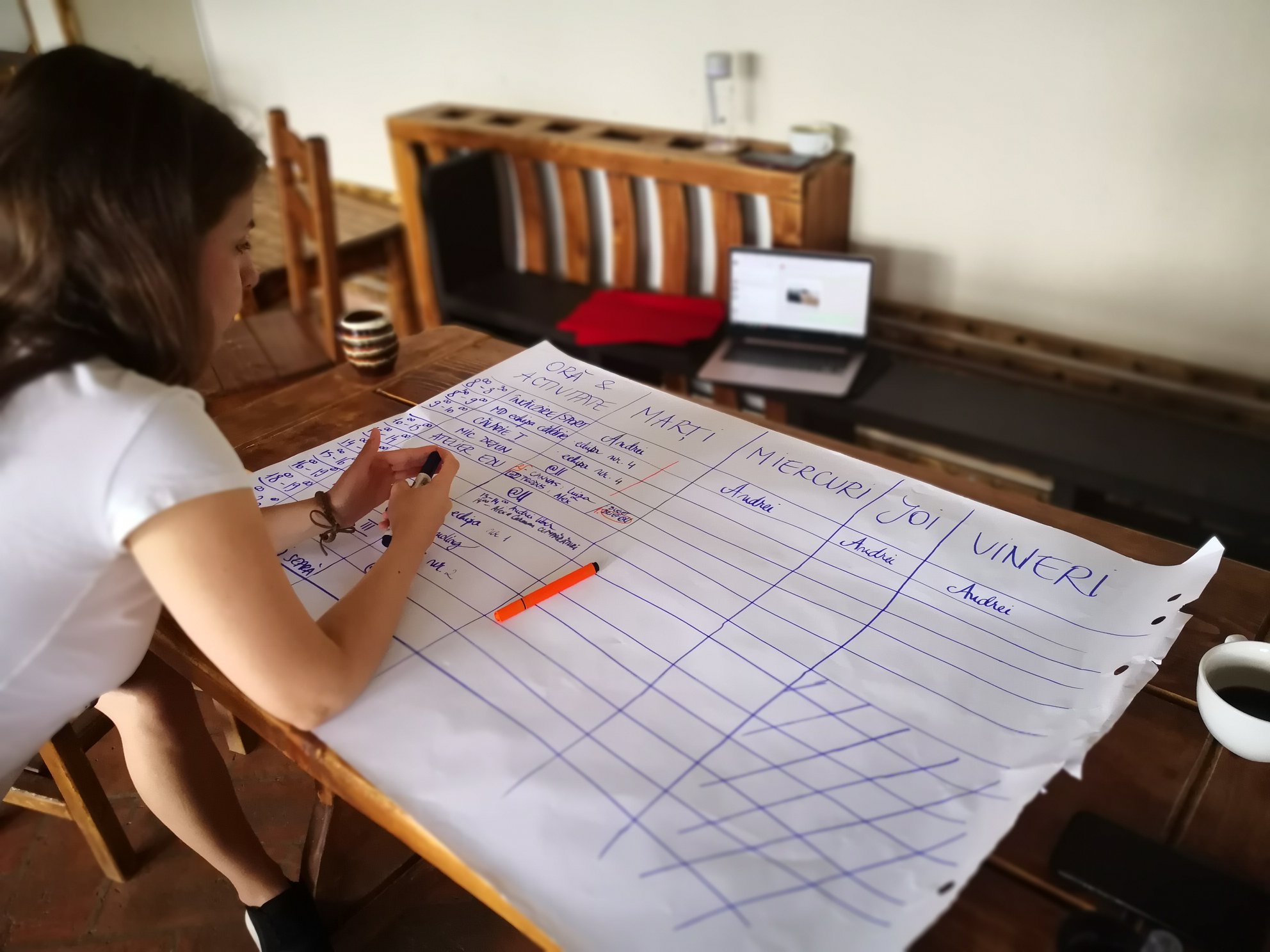
Self-knowledge: an essential pillar in children's development
The World Health Organization (World Health Organization) positions self-knowledge as one of the 10 essential skills for overall well-being. Children who are aware of their thoughts and feelings can easily overcome their limits, maximize their potential and develop good social-emotional skills.
What is self-knowledge?
According to the Collaborative for Academic, Social, and Emotional Learning (CASEL), self-awareness is defined as the ability to accurately recognize one's own emotions, thoughts, and values, as well as how they influence behavior, reactions, attitudes.
Self-knowledge is an important tool that facilitates the harmonious development of socio-emotional skills. It's a skill that helps little ones learn to understand their feelings and thoughts and optimize their potential. The development of self-awareness and the ability to channel it correctly is an important stage in the overall development of children. When children know what their strengths and weaknesses are, correctly identify their emotions and react in a balanced way, have a well-founded sense of confidence, optimism and are open to a flexible mindset, they will have a more harmonious development and good results in all levels of life.
Being self-aware means:
- Identifying emotions
From an early age, children need to be able to identify their feelings. By recognizing the connection between their feelings, thoughts and actions, they can then address these feelings and react to them appropriately.
- Creating a real image of yourself
When children look at themselves honestly, they are able to respond to compliments, feedback and criticism openly and seriously. This sense of self will teach them to see and recognize both the positives and the things they need to work on in their personality structure.
- Growth focus mindset
Children need to be supported in understanding why it is important to have an open mind. The process of self-knowledge is a first step towards a mindset with a focus on development. Cognitive, emotional and social development and growth happens throughout life; children who have a promising start in this process become more balanced.
- Recognizing strengths
Each of us has unique strengths and it is vital to recognize and capitalize on them. An important part of social-emotional health is focusing on positive attributes.
- Confidence in one's own strength
When children are able to recognize their strengths, self-confidence increases. Self-confidence is an integral part of a healthy socio-emotional state and an essential element for all levels of development. When children are confident, they are not afraid of failure, they manage to understand the perspectives of those around them, they are hardworking and responsible.
Self-awareness is an important step in children's development and influences their subsequent course. Children need positive examples, support and discussions about what they feel, what they can and cannot control; they also need to understand what their best qualities are, what qualities they need to work on, why it is important to be empathetic and balanced. Self-awareness is a long process that, when carefully built, brings countless benefits to children.
*Article written by Veronica Dunga, KEN Academy trainer.
